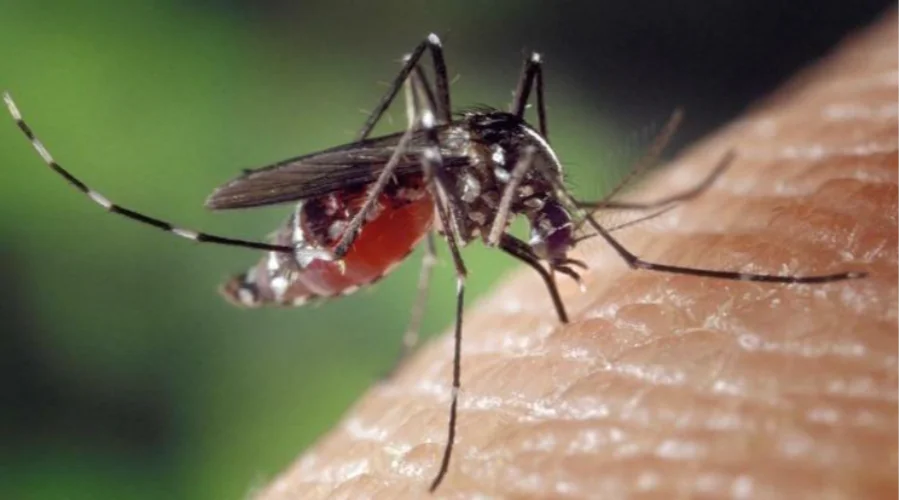
- 17 Feb
- 2022
Ilustrasi gambar (pixabay)
Lecturer of FK UM Surabaya Describes the Symptoms of DHF in Children to Watch Out for
Dengue Hemorrhagic Fever (DHF) is a serious infectious disease in Indonesia until now. Parents must be aware of DHF if their child shows symptoms. Indonesia, which is a tropical country, is one of the preferred places for the Aedes Aegypti mosquito to live. The lack of knowledge about the symptoms of DHF in children results in many cases being handled late.
Gina Noor Djalilah UM Surabaya Health Specialist and lecturer in pediatrics at the Faculty of Medicine (FK) Muhammadiyah University of Surabaya (UM Surabaya) explained that DHF itself is divided into three types, namely dengue fever, dengue hemorrhagic fever and dengue shock syndrome.
"In some cases, symptoms of DHF in children with the type of dengue fever are often interpreted as symptoms of the common cold or infections caused by other types of viruses," said Gina Thursday (17/2/22)
Some of the symptoms include after being bitten by a mosquito, the child can experience a high fever for 3 to 14 days, nausea, vomiting, headache, muscle pain and aching rheumatic pain throughout the body, a reddish rash appears on the skin and swollen lymph nodes.
"Dengue Hemorrhagic Fever (DHF) has an increasingly severe impact on the child's body due to the seepage of blood plasma with visible symptoms such as swelling, tightness, large stomach and spontaneous bleeding in several parts of the body," explained Gina.
Gina explained that the appearance of severe DHF symptoms was due to delays in handling as well as children's immunity still not strong against exposure to the virus. Children with comorbidities such as obesity even though they have received medical treatment. Symptoms in children usually start between 24 and 48 hours or the 4th day before the 5th day.
"After a decrease in body temperature begins to occur, several symptoms will appear such as abdominal pain or stomach pain when pressed, changes in body temperature from fever to hypothermia, cold and pale hands and feet, vomiting blood or bloody stools, nosebleeds, bleeding gums for no reason, Platelets in the blood have decreased, the work of the spleen has been damaged," he added.
He also emphasized that if the child is at this stage the child will feel tired, anxious, irritable and irritable. A plasma leak will be found during the examination.
Furthermore, he explained that DHF in children is the most severe, namely dengue shock syndrome because it is the most fatal type of dengue fever. Symptoms include bleeding that occurs suddenly and does not stop in any area of the body including the gums, nose, mouth and feces, drops in blood pressure drastically, pulse weakens, leaks in the blood vessels, very decreased or even non-existent urination , there is failure in the function of the internal organs so that the platelet count has decreased to less than 100,000 per millimeter cubic.
“Symptoms of this type of dengue fever are very fatal if you don't get treatment immediately. DHF itself has claimed many lives and most of those who have to lose their lives are children," he said again.
At the end of his statement, he advised parents to be more vigilant and aware of the symptoms of DHF in children by strengthening the child's immune system by meeting the child's fluid needs by providing nutritious foods and giving children vitamins.










(0) Comments